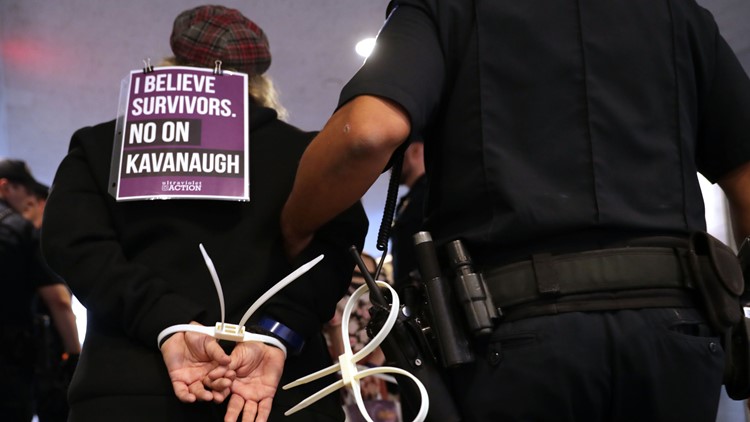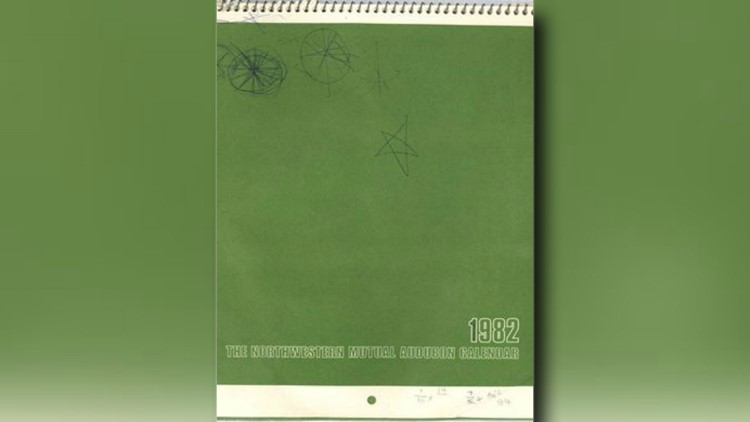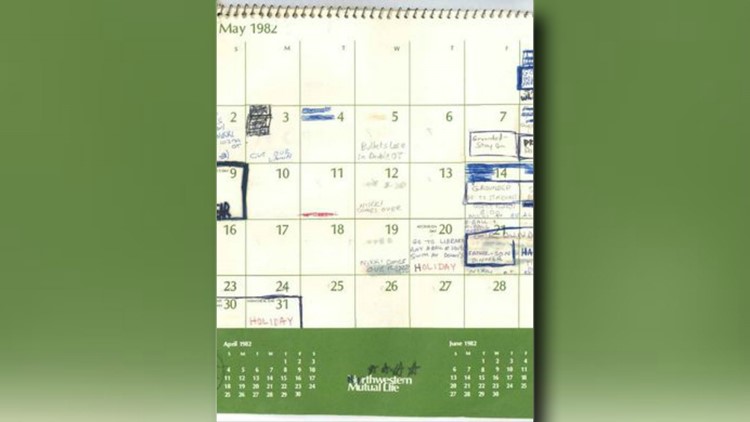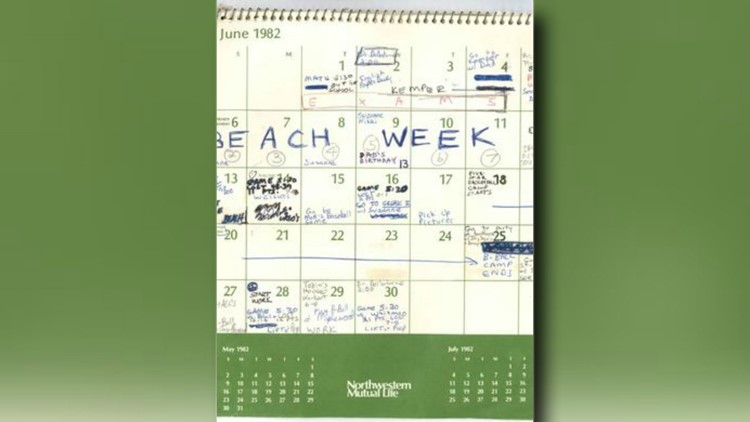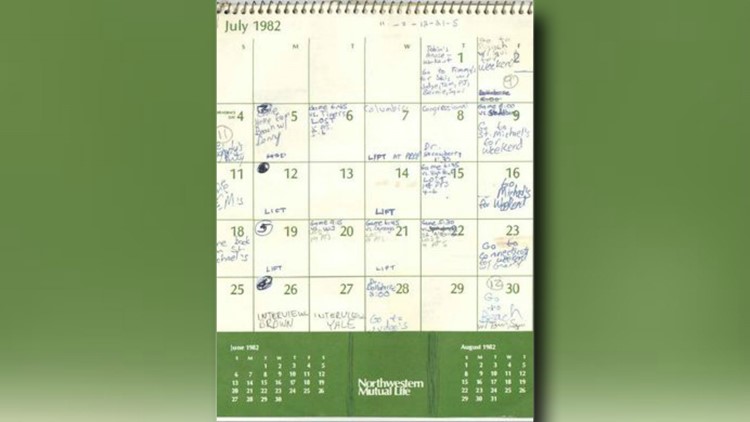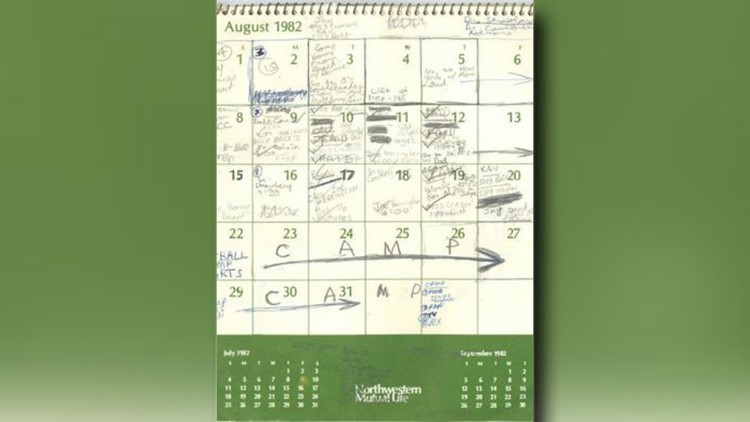WASHINGTON — The ideological direction of the nation's highest court for decades to come will be at stake Thursday in a nationally televised Senate hearing charged with determining what might have happened between a boy and a girl at a beery high school party 36 years ago.
Republicans' decades-long dream of turning the Supreme Court into a conservative bulwark rests on the shoulders of 53-year-old Brett Kavanaugh, whose career path to the pinnacle of justice is jeopardized by accusations of teenage sexual assault.
Standing in the way is a college professor from California, Christine Blasey Ford, who – much like Associate Justice Clarence Thomas' accuser, Anita Hill, in 1991 – threatens to upend what looked to be a Supreme Court nominee's almost certain confirmation.
"The details about that night that bring me here today are ones that I will never forget," Ford said in prepared remarks. "They have been seared into my memory and have haunted me episodically as an adult."
The historic clash before the Senate Judiciary Committee represents a signature moment for the year-old #MeToo movement against sexual misconduct. Ford's claim and those of two other women have galvanized women's groups who opposed Kavanaugh's nomination in July by President Donald Trump.
The outcome will have broad implications as well for the nation's politics. Many of the senators scheduled to vote on Kavanaugh's nomination as early as Friday will be up for election in less than six weeks. Control of the Senate hangs in the balance; a Democratic takeover could block any future Trump nominees.
The biggest prize is the Supreme Court, where Kavanaugh would become the fifth solidly conservative justice after years of division, even deadlock. Republicans have had this opportunity before, only to be burned by nominees who turned out to be liberal, moderate or simply unpredictable.
Formality meets debauchery
For the court, a bastion of tradition and formality, this month's journey into stories of high school and college debauchery has been unsettling. As the remaining eight justices met this week to update their caseload for the 2018 term that begins Monday, the man who wants to join them was on Fox TV touting his high school virginity and showcasing a summer 1982 calendar featuring "BEACH WEEK" and ballgames.
Kavanaugh, a widely respected judge on the U.S. Court of Appeals for the District of Columbia Circuit with more than 300 opinions under his name, endured a tough slog through his regular, four-day hearing earlier this month. To the tune of Women's March protesters shouting angry epithets, he sidestepped Democrats' questions on abortion, guns and his belief that presidents should be immune from civil suits and criminal probes.
For the past two weeks, however, his career as a Bill Clinton investigator and George W. Bush aide before ascending the bench has taken a back seat to what he may have done at Georgetown Preparatory School and Yale University. Ford says he assaulted her in a bedroom. Deborah Ramirez says he exposed himself during a drinking game. Julie Swetnick says he attended parties where girls were mistreated and even raped.
PHOTOS: Brett Kavanaugh's 1982 calendar when sexual assault allegedly happened
"There has been a frenzy to come up with something – anything, no matter how far-fetched or odious – that will block a vote on my nomination," Kavanaugh planned to say at Thursday's hearing. "These are last-minute smears, pure and simple."
After nominating Kavanaugh, with his wife and two young daughters at his side, in the East Room of the White House on July 9, Trump has stood steadfastly behind him. That continued Wednesday during an 80-minute news conference at the United Nations, where the president said he would be watching Thursday's hearing. But he left himself an escape route.
Kavanaugh's accusers "are going to have a big shot at making their case, and you know what? I could be persuaded also," Trump said. "Hopefully, I won't have to pick a replacement."
'Forever steeped in doubt'
Whether Kavanaugh survives or is forced to withdraw likely will depend on two or three Republican senators. Sens. Susan Collins of Maine and Lisa Murkowski of Alaska, both supporters of abortion rights, have remained noncommittal. So has Sen. Jeff Flake of Arizona, a member of the judiciary panel and frequent critic of Trump who is not seeking re-election.
"Those of us on the committee have to be prepared for the possibility, indeed the likelihood, that there will be no definitive answers to the very large questions before us," Flake said on the Senate floor Wednesday. "However this vote goes, I am confident in saying that it will forever be steeped in doubt."
The two parties have battled over federal court appointments for decades. Democrats as well as Republicans have abused Senate protocol to muscle through their nominees and block the other side's, such as when former Democratic leader Harry Reid engineered a rules change to end filibusters for appeals and district court judges. The move backfired once Trump won an upset election in 2016; he has nominated 135 judges and won confirmation of 58, a faster pace than past presidents.
No maneuver was as blatant as Republican leader Mitch McConnell's refusal in 2016 to consider President Barack Obama's chosen successor to Associate Justice Antonin Scalia, whose sudden death gave Democrats the opportunity Republicans now face. The seat eventually went to Trump's first nominee, Neil Gorsuch, a fellow Georgetown Prep graduate who escaped the scrutiny of those years that threatens Kavanaugh.
Even so, Gorsuch was confirmed by a narrow 54-45 vote, one of the closest in history – a far cry from the unanimous and near-unanimous votes that greeted justices a generation ago, before all Supreme Court nominations became partisan battlefields.
"The way it was was right. The way it is is wrong," Associate Justice Ruth Bader Ginsburg lamented earlier this month. "The Republicans move in lockstep, so do the Democrats. I wish I could wave a magic wand and have it go back to the way it was."


